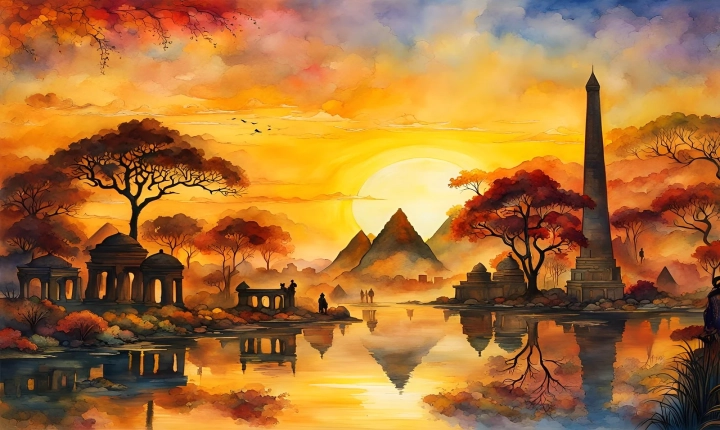Is AI-Generated Art Original?
The surge of artificial intelligence (AI) in various industries has prompted a fascinating debate around the authenticity of AI-generated art. As technology continues to advance, AI has evolved to the point where it can create stunning and thought-provoking pieces of art. But the question remains: Is AI-generated art truly original?
One of the fundamental arguments in favor of AI-generated art’s originality is that the process itself involves a level of creativity. While the AI system may have been fed a dataset of existing artwork and styles to learn from, its ability to then generate a unique piece of art based on this knowledge can be seen as a form of originality. The AI is not simply replicating existing artworks, but rather using its learned knowledge to create something new and distinct.
Proponents of AI-generated art often point to the fact that the AI system has no personal history, emotions, or biases that can influence its creative process. This can result in art that is free from the constraints and influences that may affect human artists, leading to truly original and innovative pieces.
On the other hand, critics argue that AI-generated art lacks the human touch and emotional depth that often defines traditional art. They argue that true originality in art comes from the unique human experiences, perspectives, and emotions that are infused into the creative process. While AI-generated art may be technically novel, it may lack the deeper, personal meaning and expression that defines human-created art.
Another point of contention is the role of the AI programmer or trainer in the creation of AI-generated art. The dataset and algorithms that the AI system is trained on are curated by human developers, raising questions about the extent to which the resulting art is truly original. Critics argue that the influence of human creators on the AI system’s training process diminishes the originality of the art it produces.
Furthermore, the issue of copyright and ownership of AI-generated art presents a unique challenge. With traditional art, the artist holds the copyright to their work. However, in the case of AI-generated art, it becomes unclear who holds the rights to the art, given the involvement of both AI systems and human creators.
As the debate continues, it is clear that the definition of originality in art is evolving in response to advances in technology. AI-generated art presents a fascinating intersection of creativity, technology, and the definition of originality. While opinions differ on the matter, one thing is certain: AI-generated art is pushing the boundaries of what we consider to be creative and groundbreaking, sparking important conversations about the nature of art and originality in the modern age.
